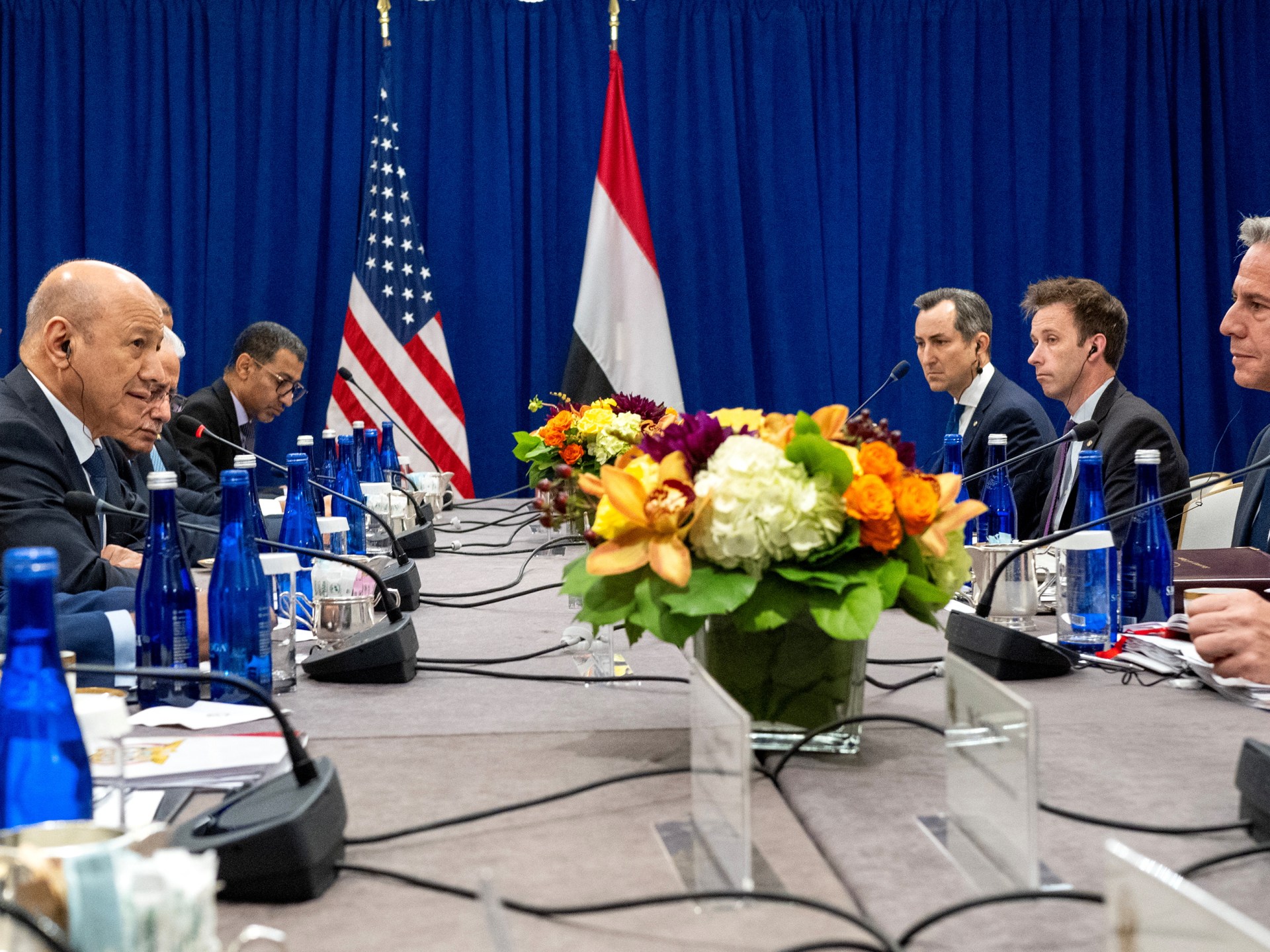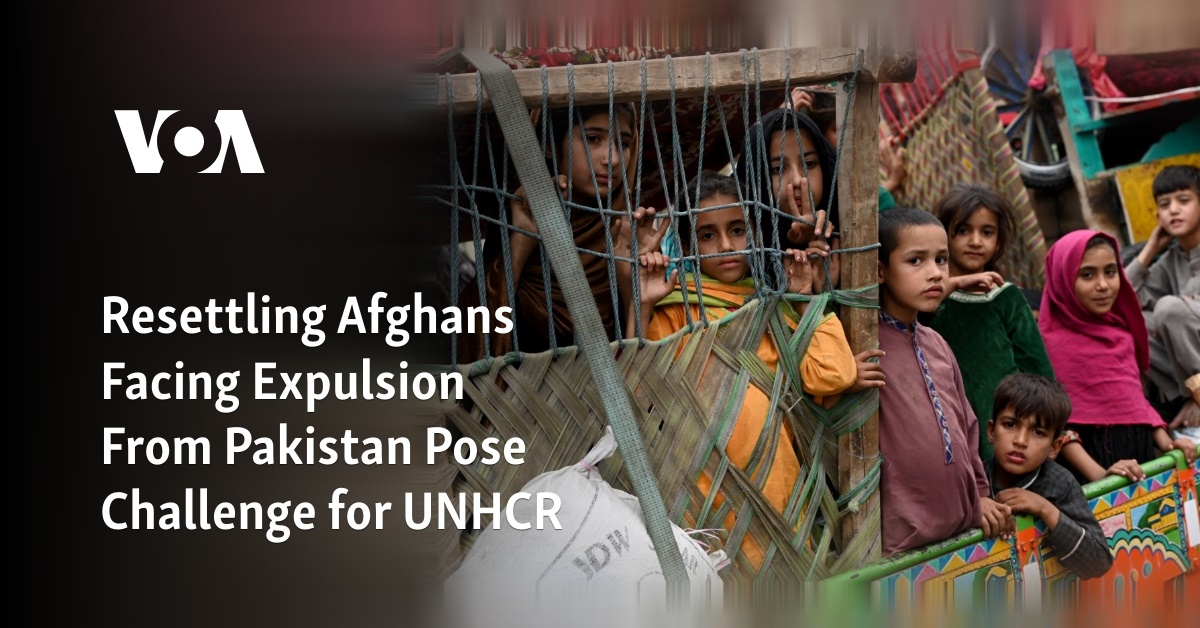
UNITED NATIONS (AP) — The United States urged the U.N. Security Council on Monday to support the three-phase plan announced by President Joe Biden that aims to end the nearly eight-month war in Gaza, free all hostages and send massive aid to the devastated area.
U.S. Ambassador Linda Thomas-Greenfield said the United States had submitted a draft resolution to the 14 other council members supporting the proposal to end the conflict that began with Hamas's surprise attack on southern Israel on Oct. 7 that killed some 1,200 people, mostly Israeli civilians.
“Numerous heads of state and governments, including in the region, have endorsed this plan and we call on the Security Council to join them in demanding the immediate and unconditional implementation of this agreement,” she said in a statement.
The brief draft resolution, obtained by The Associated Press, says Biden should welcome the agreement announced on May 31 and call on Hamas to “fully accept it and implement its terms immediately and unconditionally.” Hamas has said it views the proposal “positively.”
There will be no mention of Israel accepting the agreement.
When Biden made his announcement, he described it as an Israeli offer that includes a “permanent ceasefire” and Israeli withdrawal from Gaza if Hamas releases all the hostages it is holding.
According to local media, Israeli Prime Minister Benjamin Netanyahu told his hardline coalition partners on Monday that the proposal announced by Biden would achieve Israel's goal of destroying Hamas. The ultranationalists have threatened to overthrow his government if Netanyahu agrees to a deal that does not eliminate Hamas.
Netanyahu told parliament's Foreign Affairs and Defense Committee on Monday that Biden had given an overview of the agreement but not all the details, and that there were “gaps.”
Biden said the first phase of the proposed agreement would last six weeks and would include a “complete and comprehensive ceasefire,” a withdrawal of Israeli forces from all populated areas of Gaza and the release of some hostages, including women, the elderly and the wounded, in exchange for the release of hundreds of Palestinian prisoners.
American hostages would be released at that time and the remains of dead hostages would be returned to their families. There would be a flood of humanitarian aid, with 600 trucks arriving in Gaza every day.
In the second phase, all remaining living hostages, including soldiers, would be released and Israeli forces would withdraw from Gaza. Biden said that if Hamas complies with its commitments, the temporary ceasefire would become a “permanent cessation of hostilities.”
On October 7, about 250 people, mostly Israeli civilians, were kidnapped. During a brief ceasefire in late November and early December, more than 100 were released. According to Israel, about 80 hostages and the remains of about 43 others are still being held.
Israeli bombings and ground offensives in the Hamas-controlled Gaza Strip have killed more than 36,000 Palestinians, according to the Gaza Strip's Health Ministry, which does not distinguish between combatants and civilians.
The third phase of the plan announced by Biden envisages the start of a comprehensive reconstruction of the Gaza Strip, which faces decades of recovery from the destruction caused by the war.
The draft resolution stresses the importance of Israel and Hamas adhering to the agreement once it is agreed, “with the aim of achieving a lasting cessation of hostilities, and calls on all member states and the United Nations to support its implementation.”
The draft would also reaffirm the Council's “unwavering commitment” to a two-state solution and stress the importance of unifying the Gaza Strip and the West Bank under the Palestinian Authority.
US Ambassador Thomas-Greenfield said Security Council members have “consistently called for the steps outlined in this agreement: bringing hostages home, ensuring a full ceasefire, enabling a flood of humanitarian aid to Gaza and restoring essential services, and laying the groundwork for a long-term reconstruction plan for Gaza.”
“Council members should not miss this opportunity,” she said. “We must stand with one voice for this deal.”
On Monday, the foreign ministers of five major Arab nations – Jordan, the United Arab Emirates, Saudi Arabia, Qatar and Egypt – called on Israel and Hamas to consider Biden's proposal “seriously and positively.”
The Group of Seven largest industrial nations – the United States, Great Britain, France, Germany, Japan, Canada and Italy – also supported the armistice plan.






Recent Comments